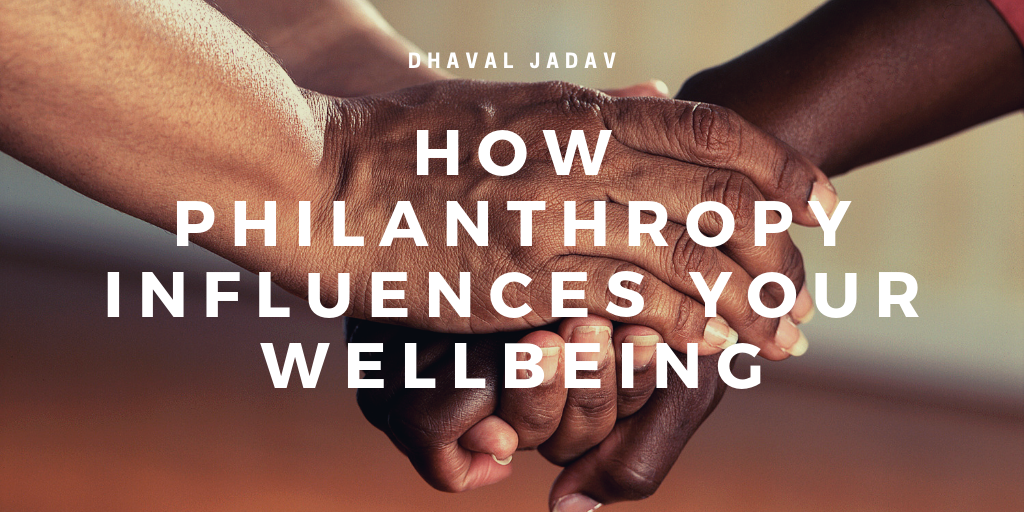Have you done your good deed for the day? If not, you may be sacrificing your own health and well-being. Generosity is scientifically proven to improve your health and lead to a longer, happier life. But how can you benefit from selflessness? Here are just a few ways that you can gain quality of life by helping others.
In the brain
A study by researchers at the University of Zurich in Switzerland found that individuals who donated money to those in need experienced increased brain activity “between the parts of the brain associated with altruism and happiness,” even after the experiment’s conclusion. Research participants donated various amounts of $100 each week, but it was not the amount that mattered—it was the fact that participants donated in the first place.
Previous studies have found that giving individuals experience less depression and stress and often have higher self-esteem than those who do not give unto others. The positive emotions correlate with those experienced when you hug an individual or finish an intense exercise. These “warm fuzzy” feelings are known scientifically as the chemical Dopamine, which is released during enjoyable experiences. Known as “the helper’s high,” a generosity-based rush of Dopamine helps reinforce any related behaviors to ensure you make that positive action into a positive habit.
In the body
It’s not just the brain that reaps the benefits of philanthropy. Research shows that spending money on charitable causes “can be as effective at lowering blood pressure as medication or exercise.” Generosity can improve cardiovascular health and reduce cholesterol and BMI levels, according to the National Kidney Foundation. There’s clear overlap between
Philanthropy has far-reaching effects on an individual’s life-span. A University of California, Berkeley, study found that volunteers over 55 years of age typically had longer life expectancies than non-volunteers. The study did take into account other health factors such as exercise and unhealthy habits, but researchers found that philanthropy played a significant role in the life-spans of participants.
The phrase “it is far better to give than to receive” definitely has merit, and serves as a reliable motto for any philanthropist. However, this lifestyle pep-talk has a hidden meaning—generosity is the key to a happy, healthy life, both physically and mentally.

